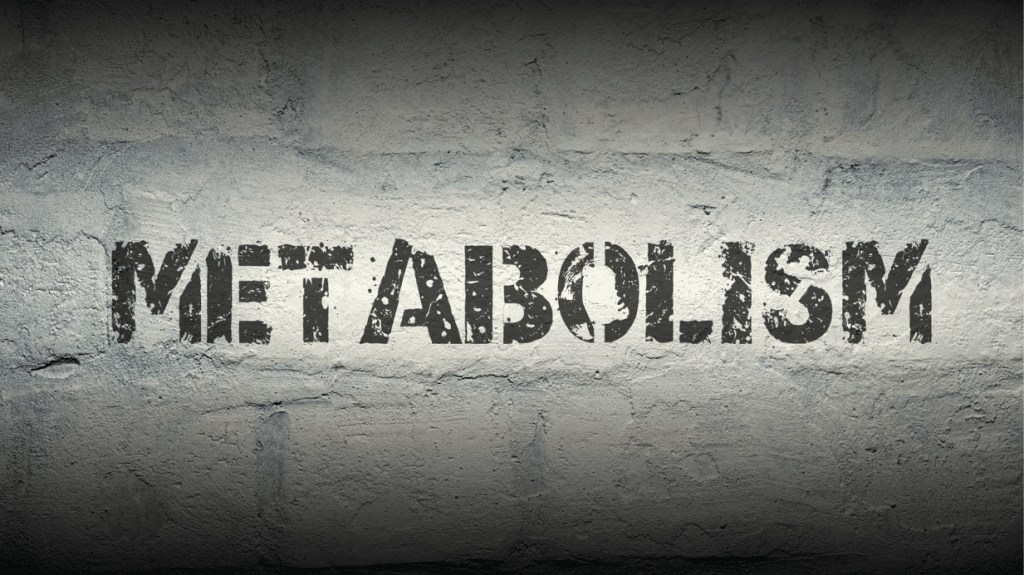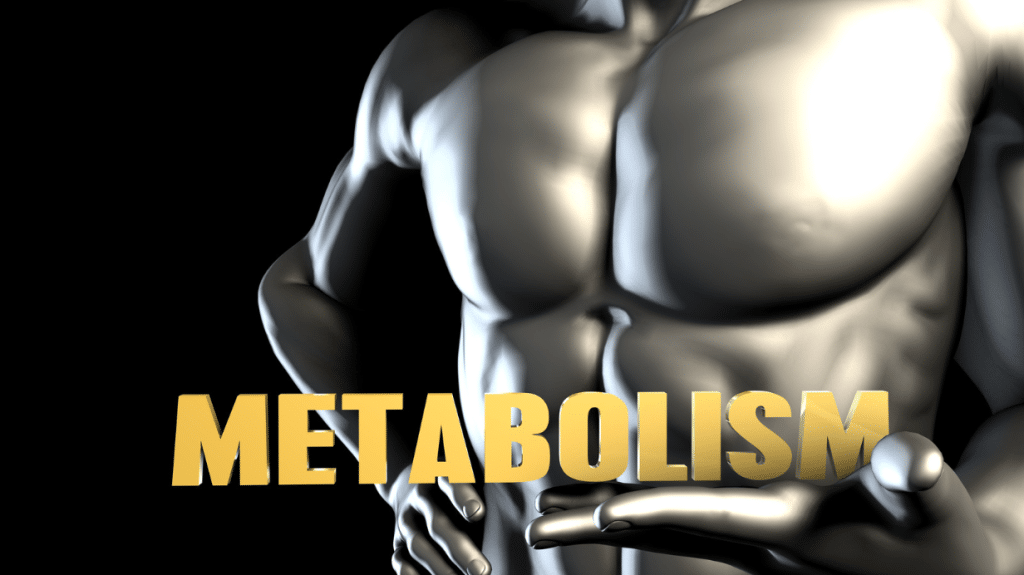Basal Metabolic Rate
Basal metabolic rate (BMR) is the amount of energy that your body needs to function at rest. It is often used as a measure of how much energy you need to maintain your weight.
Your BMR is affected by a number of factors, including your age, weight, height, and gender. It can also be affected by your level of physical activity and whether you are pregnant or breastfeeding.
If you are trying to lose weight, you may want to know your BMR so that you can create a calorie deficit and see results. There are a number of online calculators that can help you estimate your BMR.

Basal metabolic rate (BMR) is the rate at which your body burns calories to maintain basic body functions, such as breathing and keeping your heart beating
Your basal metabolic rate (BMR) is the rate at which your body burns calories to maintain basic body functions, such as breathing and keeping your heart beating.
Your BMR is determined by your age, gender, weight, and height.
To calculate your BMR, you can use a BMR calculator or the Harris-Benedict equation.
If you want to lose weight, you need to create a calorie deficit by eating fewer calories than your body needs.
You can do this by reducing your calorie intake, increasing your physical activity, or both.
If you want to gain weight, you need to create a calorie surplus by eating more calories than your body needs.
You can do this by increasing your calorie intake, reducing your physical activity, or both.
BMR is affected by a number of factors, including age, weight, height, gender, and muscle mass
Basal metabolic rate (BMR) is the amount of energy your body burns at rest. It’s affected by a number of factors, including age, weight, height, gender, and muscle mass.
As you age, your Basal Metabolic Rate decreases. That’s because you lose muscle mass and your metabolism slows down. Weight and height also play a role. The more muscle mass you have, the higher your BMR. And the taller you are, the more energy your body needs to maintain itself.
Gender also affects BMR. Men generally have a higher BMR than women because they have more muscle mass. Finally, how active you are also impacts your BMR. The more active you are, the higher your BMR.
Knowing your BMR can help you understand how many calories you need to maintain your weight. It can also help you lose or gain weight. If you want to lose weight, you need to create a calorie deficit. That means you need to burn more calories than you take in. To do that, you need to know how many calories you’re burning at rest. That’s where your Basal Metabolic Rate comes in.
If you want to gain weight, you need to create a calorie surplus. That means you need to take in more calories than you burn. Again, your BMR can help you with that.
So, if you’re trying to lose or gain weight, knowing your BMR is a helpful starting point.

To calculate your BMR, you can use a variety of online calculators or formulas
To calculate your BMR, you can use a variety of online calculators or formulas. The most accurate way to measure your BMR is to use a calorimeter, but these are not always available. There are a number of online calculators that can estimate your Basal Metabolic Rate based on your age, weight, height, and activity level.
The Harris-Benedict equation is one of the most commonly used formulas for estimating BMR. This equation uses your weight, height, age, and gender to estimate your Basal Metabolic Rate. If you know your body fat percentage, you can use the Katch-McArdle formula, which is more accurate for people with a higher percentage of body fat.
If you want to lose weight, you need to create a calorie deficit, which means you need to burn more calories than you consume. To calculate how many calories you need to eat each day, you need to know your BMR and your activity level. Your BMR is the number of calories you need to maintain your current weight, and your activity level is the number of calories you burn through activity.
To lose weight, you need to create a calorie deficit of 500 calories per day. This can be done by eating fewer calories, burning more calories through activity, or a combination of both.
Once you know your BMR, you can use it to estimate the number of calories you need to eat each day to maintain your weight, lose weight, or gain weight
Once you know your BMR, you can use it to estimate the number of calories you need to eat each day to maintain your weight, lose weight, or gain weight. To maintain your weight, you need to eat enough calories to match your BMR. To lose weight, you need to eat fewer calories than your BMR. And to gain weight, you need to eat more calories than your BMR.

There are a number of ways to boost your BMR, such as exercise, eating certain foods, and taking supplements
There are a number of ways to boost your metabolism and burn more calories throughout the day. Regular exercise is one of the best ways to increase your metabolism, but there are also certain foods and supplements that can help.
While caffeine and green tea are often touted as metabolism-boosting foods, there is some evidence to suggest that they may not be as effective as once thought. However, there are other foods that have been shown to help increase metabolism. These include protein-rich foods, such as meat, fish, and poultry, as well as fruits and vegetables that are high in fiber. There are also some specific supplements that can help increase metabolism, such as bitter orange and green coffee bean extract.